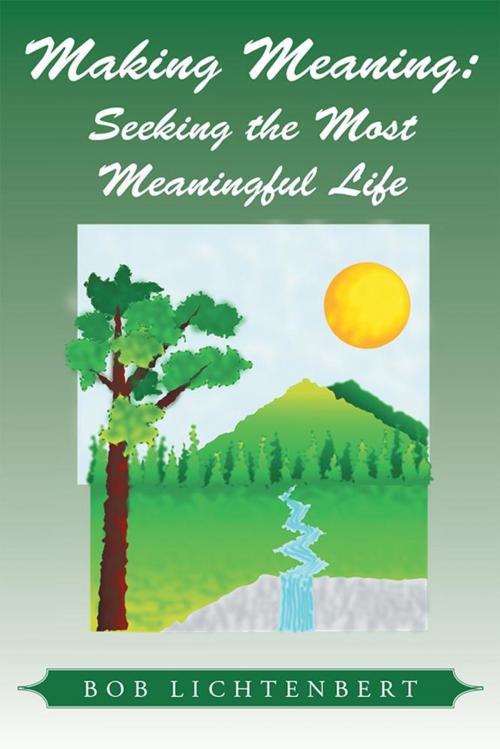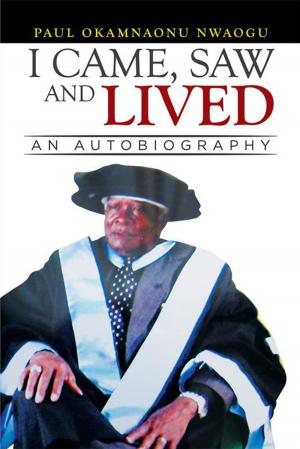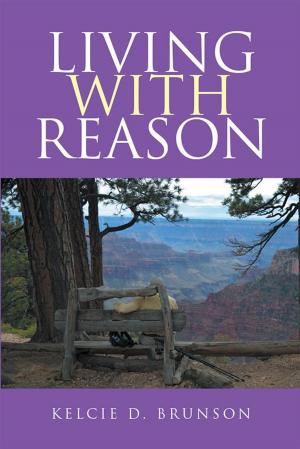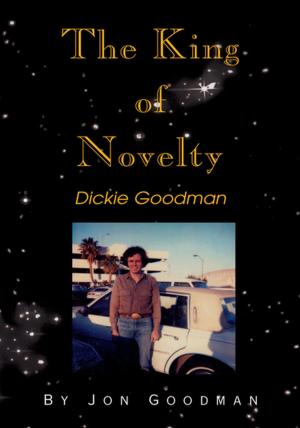| Author: | Bob Lichtenbert | ISBN: | 9781514491287 |
| Publisher: | Xlibris US | Publication: | October 31, 2016 |
| Imprint: | Xlibris US | Language: | English |
| Author: | Bob Lichtenbert |
| ISBN: | 9781514491287 |
| Publisher: | Xlibris US |
| Publication: | October 31, 2016 |
| Imprint: | Xlibris US |
| Language: | English |
Making Meaning concerns how to live your life to make maximum impact. It does this by being the first book ever to fully develop the idea of meaning (defined as significant impact) which is greatest idea, since everything has it in some way. This development emphasizes that values or ought's/should's provide more meaning in one's life. We have a crying need for this today because most of us have little to believe in. Does my life have enough meaning? is a life-or-death question. This book takes a common sense approach to answering it. The author describes his own seeking and making meaning to render this abstract idea more concrete. Making Meaning explores the following eight sources of meaning: 1) relationships, 2) com- munity, 3) dialogue, 4) work, 5) art, 6) search for God, 7) possessions and 8) intangibles or nonphysical realities. The last source, potentially the largest, is explained and argued for. We have another crying need today to know more than physical things. This book tries to satisfy yet another crying need today: the objectivity of meaning. This gives us external standards to judge and live by. Today's widespread subjective view of meaning allows everyone to believe whatever they want. This view is dangerously chaotic and wrong. Toward the end Making Meaning tackles its major negative challenges: meaninglessness, nihilism (the view that nothing matters eventually) and extreme relativism. Finally, this book defines what is the meaning of life by drawing from all these sources. A very brief survey of the history of thinking about the meaning of life including Socrates, Plato and Aristotle concludes this book Welcome to the wonderful new field of meaningology! About the cover image: Making Meaning mostly involves drawing from its many sources as symbolized by the many good things in nature, including the heights of mountaintops and the warm light of the sun.
Making Meaning concerns how to live your life to make maximum impact. It does this by being the first book ever to fully develop the idea of meaning (defined as significant impact) which is greatest idea, since everything has it in some way. This development emphasizes that values or ought's/should's provide more meaning in one's life. We have a crying need for this today because most of us have little to believe in. Does my life have enough meaning? is a life-or-death question. This book takes a common sense approach to answering it. The author describes his own seeking and making meaning to render this abstract idea more concrete. Making Meaning explores the following eight sources of meaning: 1) relationships, 2) com- munity, 3) dialogue, 4) work, 5) art, 6) search for God, 7) possessions and 8) intangibles or nonphysical realities. The last source, potentially the largest, is explained and argued for. We have another crying need today to know more than physical things. This book tries to satisfy yet another crying need today: the objectivity of meaning. This gives us external standards to judge and live by. Today's widespread subjective view of meaning allows everyone to believe whatever they want. This view is dangerously chaotic and wrong. Toward the end Making Meaning tackles its major negative challenges: meaninglessness, nihilism (the view that nothing matters eventually) and extreme relativism. Finally, this book defines what is the meaning of life by drawing from all these sources. A very brief survey of the history of thinking about the meaning of life including Socrates, Plato and Aristotle concludes this book Welcome to the wonderful new field of meaningology! About the cover image: Making Meaning mostly involves drawing from its many sources as symbolized by the many good things in nature, including the heights of mountaintops and the warm light of the sun.















